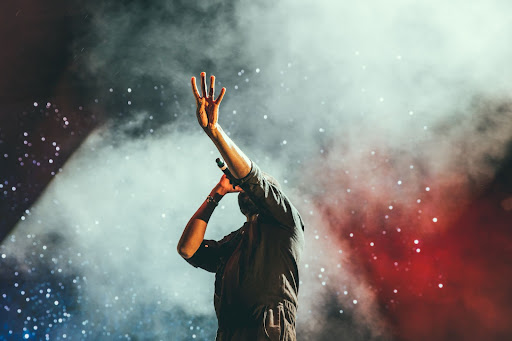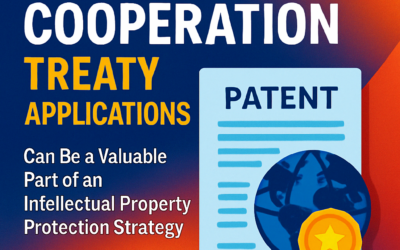Whether you are a musical performer or a songwriter, you take great pride in the songs that make up your work. Your songs are a way to express yourself, a way to connect with the audience. A great song might just be your chance to make it big. That’s why it can hurt so badly to have your song stolen without a way to protect it.
Like any other form of art or intellectual property, it’s important to obtain a copyright registration for your song so you can defend it from any infringement. You can copyright your musical intellectual property in a couple different ways.
Musical Composition
A musical composition copyright covers the musical composition and lyrics of a piece. The copyright act defines this as “musical works, including any accompanying lyrics.” This is important for songwriters to ensure no one steals their song without giving them credit and compensation for it. It also ensures that no one can perform your song without your permission — and often without paying you royalties. Even if you don’t perform your song yourself, you will still be credited as the owner of the copyright. It also protects elements of your song from being lifted and added to other songs without your permission.
Sound Recording
You can also obtain a copyright registration for a particular performance or sound recording of a song. It’s important to note that copyrighting the sound recording of a song requires a different copyright altogether than the musical composition of a song. A copyright of the sound recording protects the performance itself, rather than the structure of the song.
A sound recording copyright registration is essential to protect your song from being used without your permission. For instance, with a copyrighted musical performance, a TV show would have to ask your permission and pay royalties in order to play your song in one of their episodes. With a registered copyright, politicians or figures with whom you don’t want to be associated will face a cease and desist if they attempt to use your music to promote themselves.
Why You Should Copyright Both
Throughout history, there have been copyright issues over the rights to songs, both creatively and in terms of performances. For instance, when the Beach Boys released “Surfin’ USA” in 1963, Chuck Berry noticed that the song had lifted from his own song of five years previous, “Sweet Little Sixteen.”
Berry approached the Beach Boys’ manager, Murray Wilson, about the issue. Without any further proceedings, Wilson gave Berry the copyright to the song. For the rest of his life, Chuck Berry received royalties for “Surfin’ USA” in addition to the Beach Boys.
One example of a case where sound recording copyright came into play was the filming of the movie Almost Famous. In Almost Famous, there is a deleted scene in which the movie viewers were asked to play the song “Stairway to Heaven” by Led Zeppelin while watching, rather than the song being used in the movie itself. According to director Cameron Crowe, Led Zeppelin had already granted the production permission to use four different songs “at a great price,” but they weren’t willing to give rights to “Stairway to Heaven.” This was an amicable decision between both parties, with no hard feelings on either side.
And that’s the thing about copyrighting your musical endeavors. Simply by obtaining registration for the copyright, you can avoid heated legal battles and often settle these cases amicably. If you do end up going to court, a registered copyright will weight the case in your favor.
Obtain a Copyright Registration For Your Intellectual Property Today
Need to obtain a copyright registration for your music or other intellectual property? Let Garcia-Zamor support you with over two decades of combined experience in the world of intellectual property law. Contact us today to learn more or to schedule a consultation.







